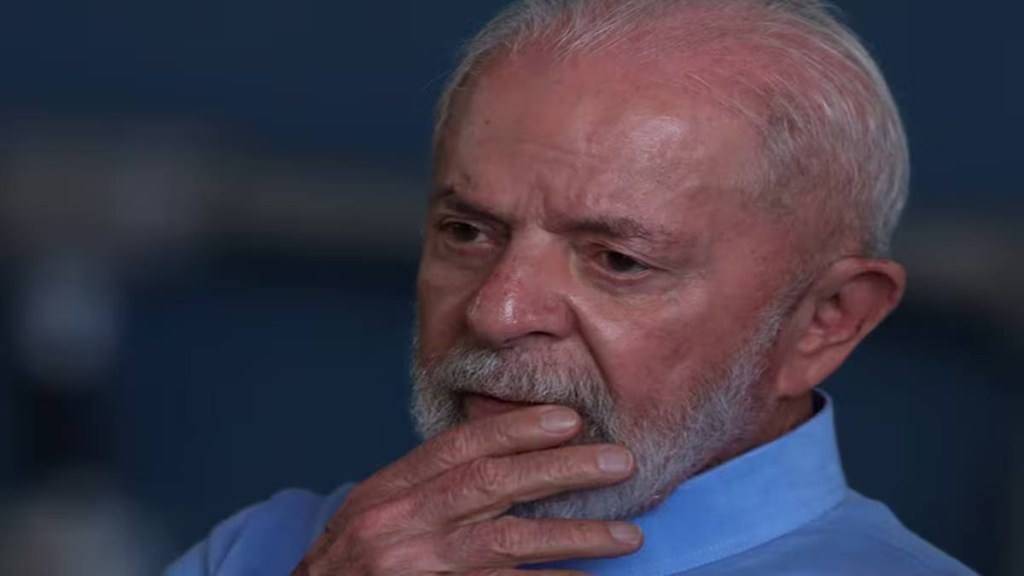Brazilian President Luiz Inácio Lula da Silva will no longer attend the 16th BRICS Summit in Russia, citing health reasons. Over the weekend, the 78-year-old president suffered a minor brain hemorrhage following a fall at home, prompting his doctors to advice against long-haul flights. Instead, Brazil’s Foreign Minister Mauro Vieira will represent the country at the summit, scheduled to begin on October 22, 2024.
The announcement of Lula’s absence is significant for Brazil, especially as the BRICS bloc continues to gain global attention. Originally formed by Brazil, Russia, India, China, and South Africa, the group has expanded to include new members like Egypt, Ethiopia, Iran, and the UAE. Lula had been expected to play a critical role in these discussions, particularly as Brazil balances its diplomatic relationships within this rapidly growing coalition.
Although Lula will join the summit via videoconference, his physical absence could influence Brazil’s position at the talks. The BRICS nations are set to discuss a potential BRICS-led payment system to rival SWIFT, a move spurred by Russia’s exclusion from the international network in 2022. There will also be focus on global geopolitical issues such as the escalating conflict in the Middle East. The absence of Brazil’s president may reduce the country’s leverage in these critical conversations, raising questions about the country’s influence in shaping key global economic and diplomatic issues.
Lula’s decision not to travel to Russia could also have a domestic political dimension. Some analysts have speculated that his absence may be influenced by the upcoming municipal elections in São Paulo, where the second round is set to take place soon. Additionally, Lula has faced domestic criticism over his engagement with Russia, including from political opponents who draw parallels between his relationship with Vladimir Putin and that of former president Jair Bolsonaro.
It remains to be seen how Lula’s absence will affect Brazil’s standing within BRICS and its ability to navigate pressing international issues.

